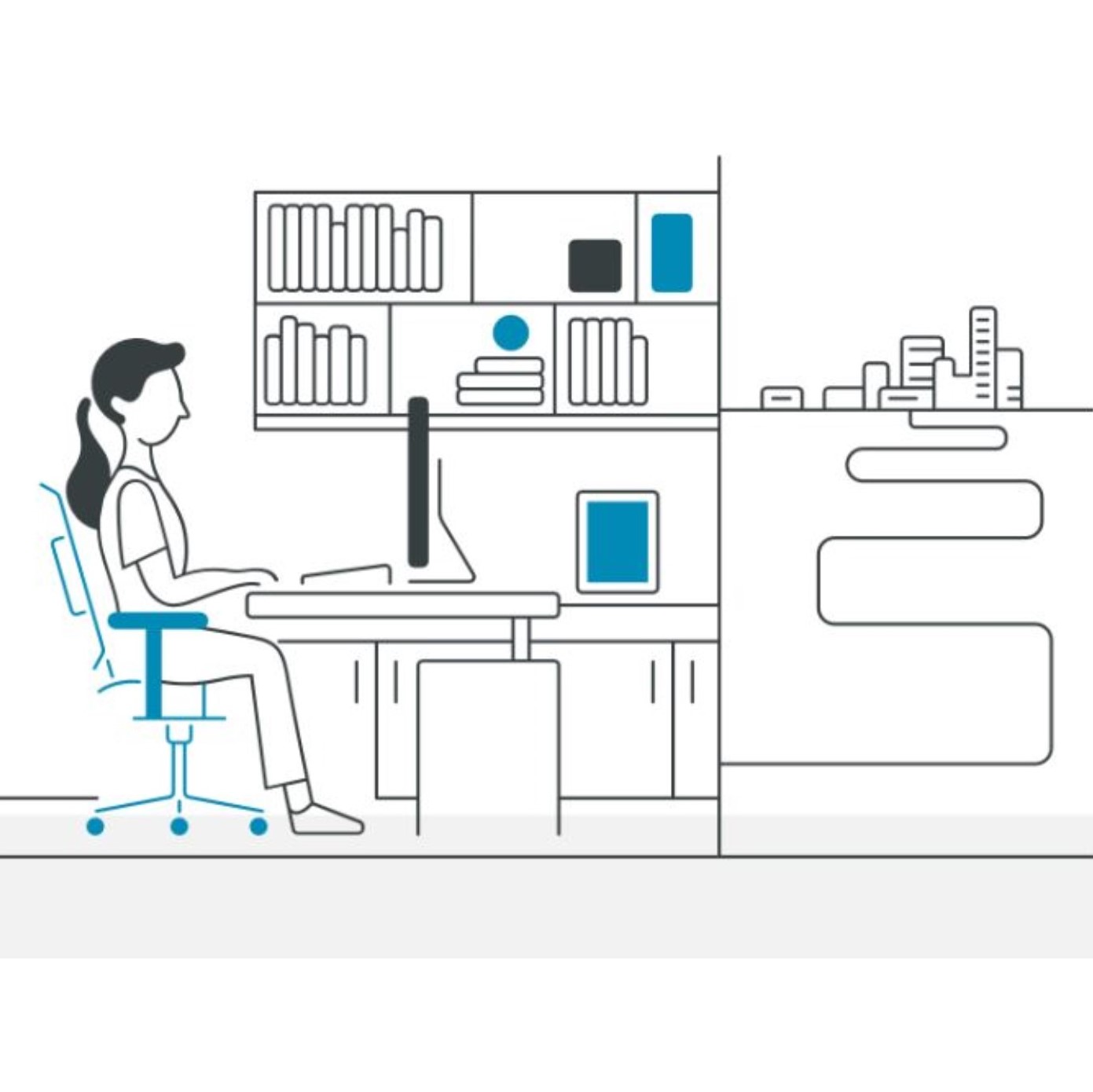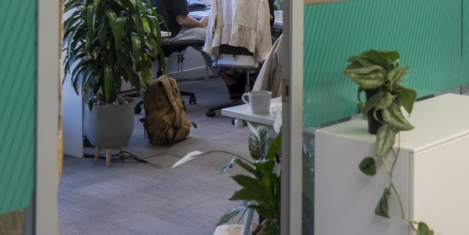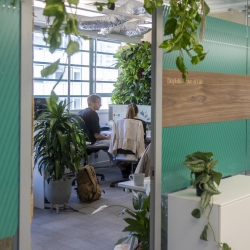May 24, 2023
Europe not on track to deliver carbon neutral built environment by 2050
 It has been one year today (24 May 2023), since the World Green Building Council (WorldGBC) launched a new policy called the EU Policy Whole Life Carbon Roadmap, to help the European Union accelerate total decarbonisation of buildings and construction — the most heavily emitting sector in the world. Now WorldGBC and 12 European Green Building Councils (GBCs) are imploring the EU to implement the Roadmap’s principles at the scale and speed required through the announcement of BuildingLife2, a new project driving what it claims is greater transparency and accountability across the sector as it seeks to achieve the goal of a carbon neutral built environment. (more…)
It has been one year today (24 May 2023), since the World Green Building Council (WorldGBC) launched a new policy called the EU Policy Whole Life Carbon Roadmap, to help the European Union accelerate total decarbonisation of buildings and construction — the most heavily emitting sector in the world. Now WorldGBC and 12 European Green Building Councils (GBCs) are imploring the EU to implement the Roadmap’s principles at the scale and speed required through the announcement of BuildingLife2, a new project driving what it claims is greater transparency and accountability across the sector as it seeks to achieve the goal of a carbon neutral built environment. (more…)























 A significant majority (85 percent) of employees feel like they are just a cog in the machinery of their organisation and 43 percent have no idea how their performance contributes to business success, according to a new survey of employee experience and expectations. According to the
A significant majority (85 percent) of employees feel like they are just a cog in the machinery of their organisation and 43 percent have no idea how their performance contributes to business success, according to a new survey of employee experience and expectations. According to the 










